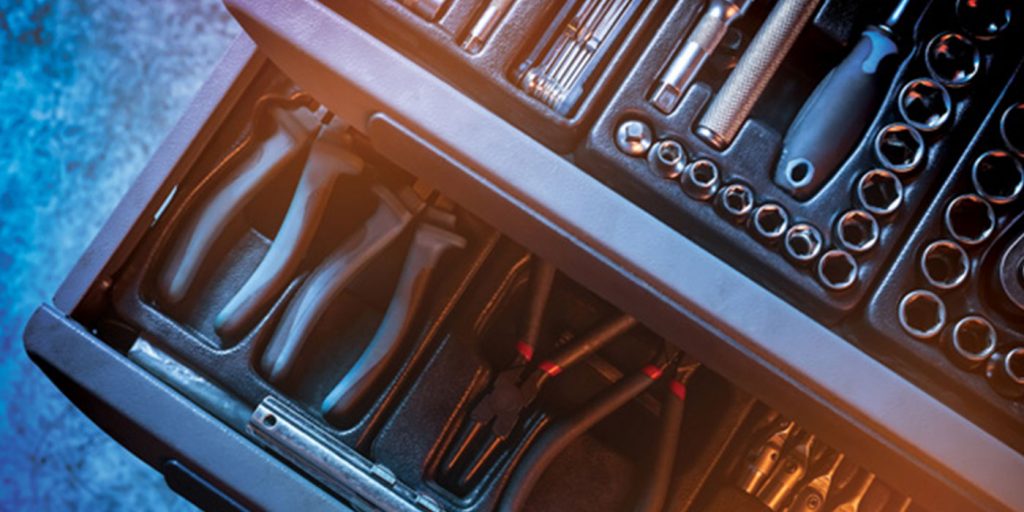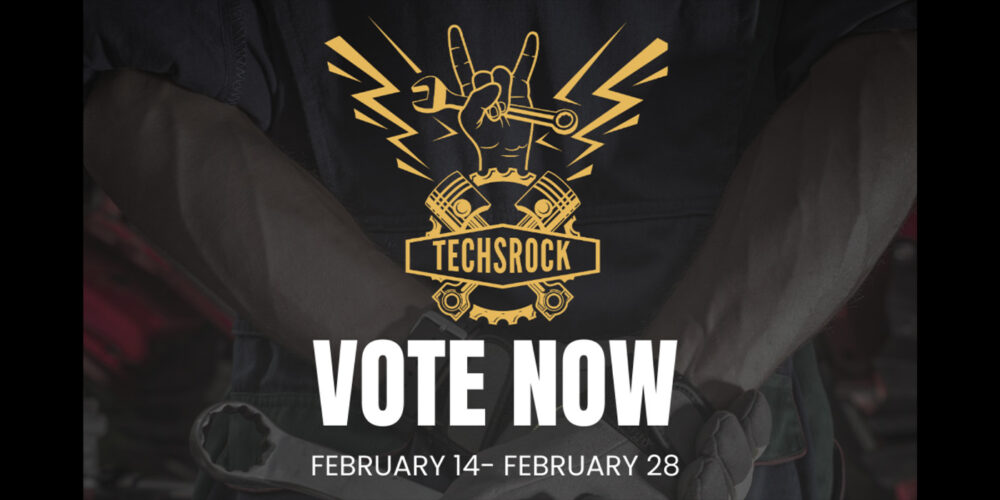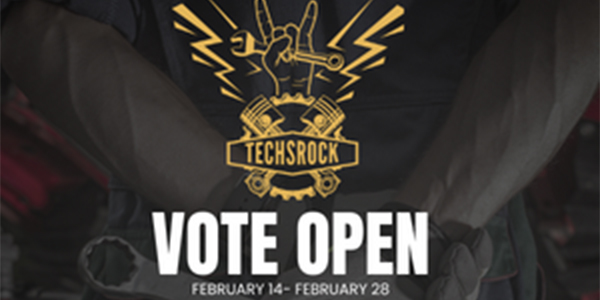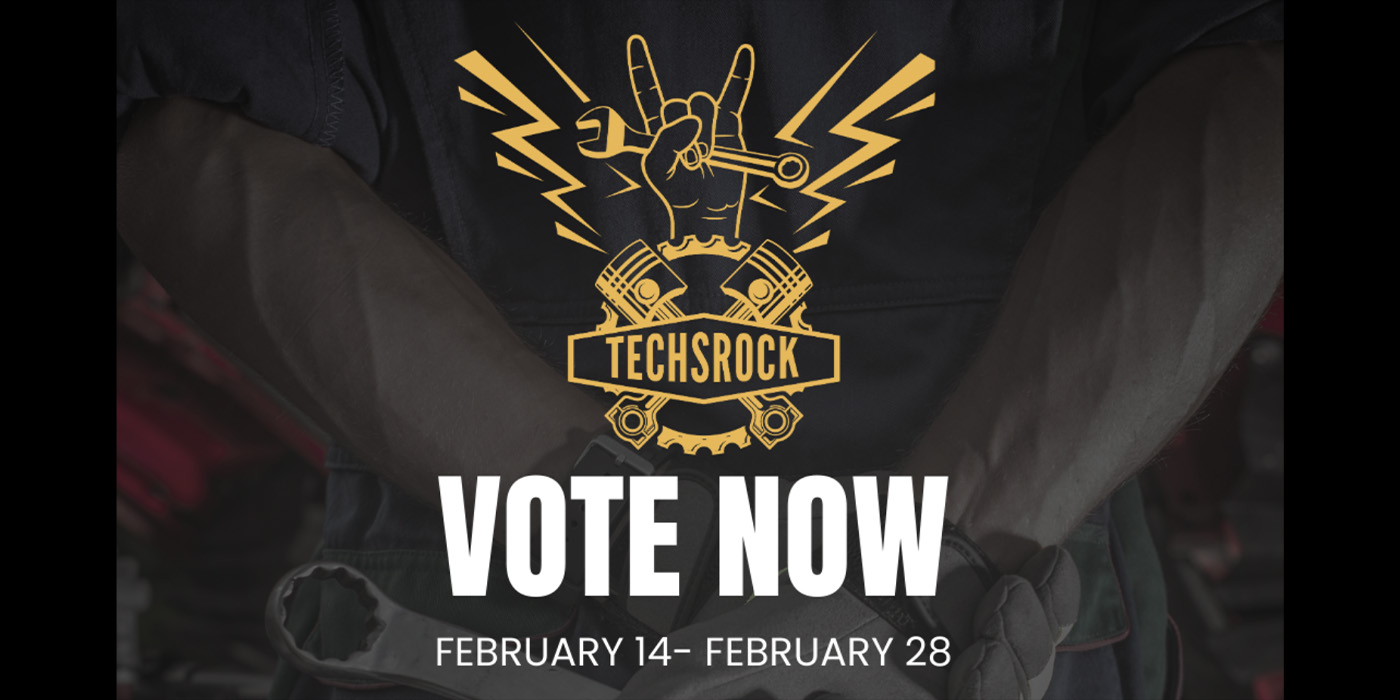If you want to be an automotive technician, you’re going to need tools. But, what tools does a new technician need to have in order to get started in this field?
This is going to be easy. Let’s see…seven screwdrivers, three hammers, a metric and standard wrench set…of course, I’m just kidding.
To start with, there is in reality, no set formula. Everyone is going to use slightly different tools depending on the specific type of work they are doing, and quite simply, different things work for different people.
What a new technician needs to get started has more to do with making informed purchasing decisions than it does an itemized list, and if you are serious about a career in automotive repair, you probably already know your way around basic tools and have a selection of your own.
When it’s time to expand your tool collection, don’t get wrapped up into a specific brand or style of tool just because of a name or a recommendation. First and foremost, you should get what is going to work best for you and your budget.
Start with Quality & Service
These two go hand-in-hand. As a technician, you depend on your tools to function properly and efficiently and also to hold up to the rigours of everyday use. If the tools are low quality and don’t perform well, they’ll just make the job harder for a new technician. You don’t have time to waste fighting with poor quality tools and, in many cases, they can do more damage than good. Quality means efficiency.
What if something breaks? Even the highest quality tool may break or wear out after years of use. Is it possible to get a replacement? How long will it take? When a tool breaks, that means you were using it, which means you need it. This is where service comes in. Are your tool distributors dependable? Did the tools come from a hardware store or were they ordered online? You can’t afford down-time without the tool, so make sure that your source for tools will be dependable in the event you need a replacement.
Hand Tools
Screwdrivers, wrenches, pliers, sockets, ratchets, etc., your hand tools are the core of your existence and make up the majority of what is in your box. In reference to a newcomer in the industry, many a seasoned technician will say, “I can do more with a few simple tools than they can with an entire tool truck.” That comment is never intended and should never be taken as an insult, and if you’re just getting started, just know you will say the same in a few years down the road.
The fact is, as you gain experience, you become so versed in technique that your tools almost become an extension of your hand and you will be able to use all tools, even lower quality ones, on a more effective level.
The important thing to take from this is when starting as a new technician, work with what you have as long as you can. Focus on the tools that you need 95 percent of the time.
For example, you’re going to use the same three or four screwdrivers at least 95 percent of the time. What that means is that the other 5 percent of the time when you could have used a different screwdriver, you should consider whether you needed to use a different one or if a different one just would have been more convenient or more efficient. Yes, efficiency is part of the game, but when you’re starting out, there is no need to buy the largest set possible just to cover that other 5 percent. If you can get away with what you have, use it as long as you can.
Power Tools
Air and electric tools both fall in this category, and these will undoubtedly be some of your first purchases as a new technician. Use caution here, because it’s easy to wrap up a lot of money quickly. The best approach is to ask experienced co-workers what they use and see what they have. Ask them what they would buy if they were replacing their own.
Quality tools in this category will be expensive, but they are absolutely necessary and worth spending the money for. Spend the money, but also remember that maintenance is important, especially in the air tool category, and proper maintenance ensures the longevity of your investment.
Use the same approach as you do with hand tools; focus on what you will need 95 percent of the time. It’s safe to say that your first purchase will most likely be a 1/2-in. impact wrench. It’s the workhorse power tool that sees the most use for an auto technician.
Torque Wrenches
This is one category that I am going to say from the start: get your own. First of all, you should be torquing the majority of the fasteners that you remove, and if you’re caught not torquing things, especially wheels, your career may be short-lived.
Second of all, you will come to depend on your torque wrench to reflect the quality of your work and you’ll become picky about how it is treated and maintained. It’s low on the list of tools that people like to loan out. Check out more on torque wrenches in the TechShop article, “The Issue of Torque.”
Electronics and Scan Tools
Scan tools are becoming such an integral part of the automotive repair industry that more and more technicians are buying them for their own personal use. Use of this equipment is an area where a young tech will need to gain experience to ultimately be successful down the road, but caution should once again be used before making a purchasing decision. Entry-level techs are not going to be thrown to the wolves with a complicated diagnostic problem, and as a result don’t need to spend a lot of money on a scan tool.
Until you start to develop an understanding of these types of diagnostics, what you will be doing and what type of equipment is provided by your shop, only then should you consider buying your own. Small hand-held tools or basic code readers are a good place to start as you begin to learn and develop your skills.
Tool Storage
Here’s a hot topic. Let’s face it, new toolboxes are just really cool and it’s easy to want one, but a huge, expensive toolbox is the easiest way to get buried in unnecessary debt when you start out, and you don’t need to. You simply don’t have that many tools yet, so you don’t need that much space to store them. For your first toolbox, consider a single bay roll cabinet or a flip-top roll cart with multiple drawers. There are many options to choose from that are economical and well built, and with proper organization, they’ll have plenty of room.
Don’t get taken by the argument that an expensive box is more secure. A wise tech once told me, “locks don’t keep people from stealing, they are only there to keep people honest.” I’ve never heard a truer statement and yes, no matter how expensive the box, a thief will find a way to break into it.
As you build your tool collection, you will run out of space eventually and find yourself needing a bigger box. If you still love your career and things are going well, now is the time to consider one. You will also have noticed that the drawers and slides on a less expensive box aren’t able to handle the weight of the tools, and for something that you open and close hundreds of times a day, this becomes an important feature.
I’m all for a substantial toolbox at this point, and just like quality tools, a quality box is going to add efficiency to your day. If you plan on being behind the wrench for the next 20 years or more, a quality box will make your life at work a whole lot easier. And that smaller box you started with? That’s perfect for the garage at home.
Borrowing
This category deserves a mention as borrowing is part of the game. We all do it, and it’s one of the only ways for a new technician to learn what they need. Of course, you don’t want to borrow too often and there’s a generally accepted rule that says: Use it once, OK, use it twice, it’s time to buy it.
That’s a fairly “loose” rule, meaning that most technicians are willing to loan tools as long as you don’t abuse the privilege and more importantly, as long as you return the tool as soon as you are done and in the same condition as it was when you borrowed it. Experienced techs know what it was like to get started, and none of them want to see a young tech get buried in debt and buy tools they really don’t need yet.
Article courtesy TechShop.













